Traffic stops can be nerve-wracking, and in the U.S., they can sometimes go terribly wrong. How do you stay safe and protect your rights when faced with a potentially hostile police encounter?
1. Know Your Rights
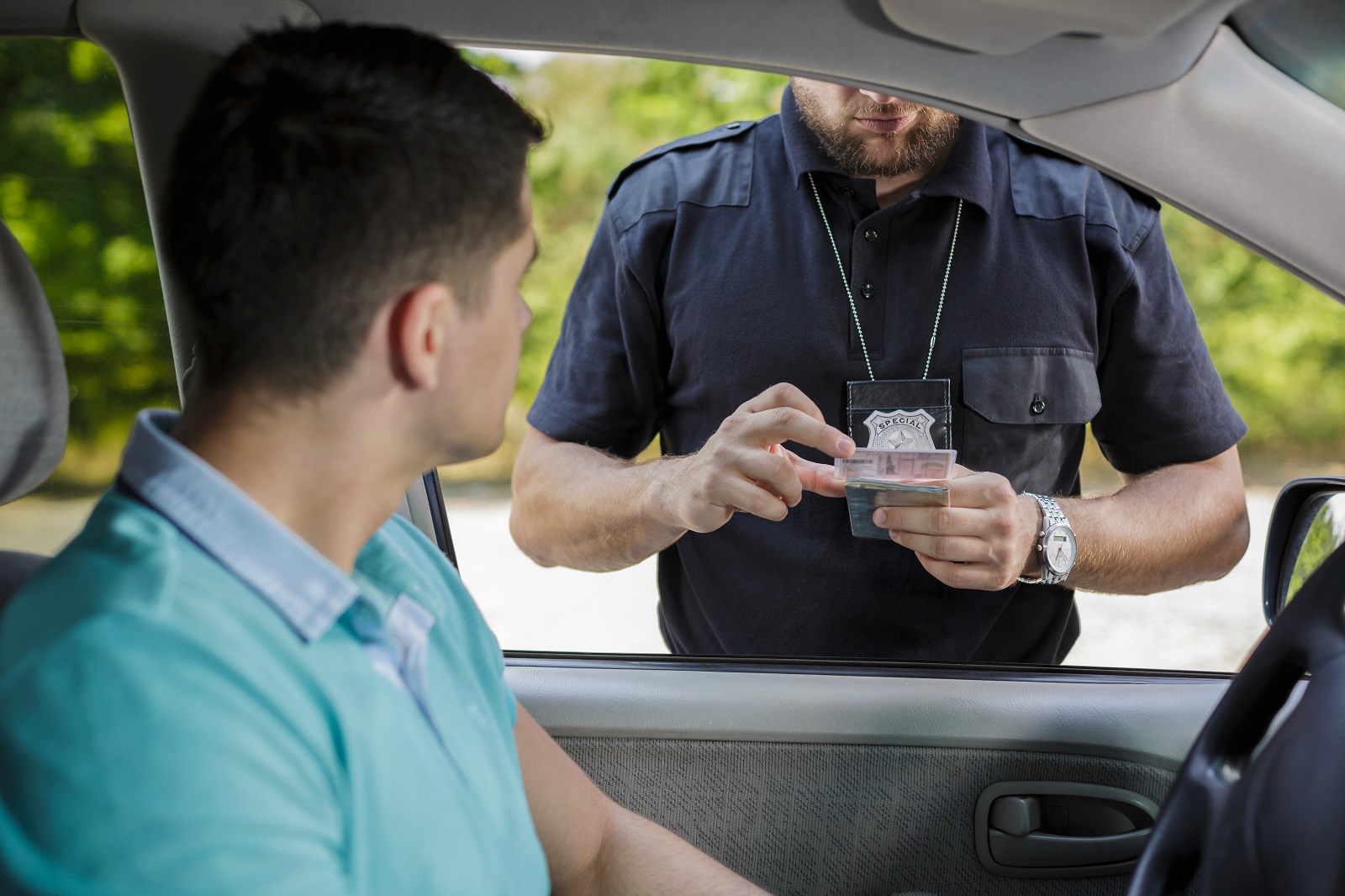
Image Credit: Shutterstock / Ground Picture
You have the right to remain silent and the right to refuse a vehicle search. Assert these rights politely but firmly. In 2020, over 1,000 people were killed by police in the U.S.; knowing your rights can help protect you. The Fourth Amendment protects you against unreasonable searches and seizures.
2. Keep Your Hands Visible
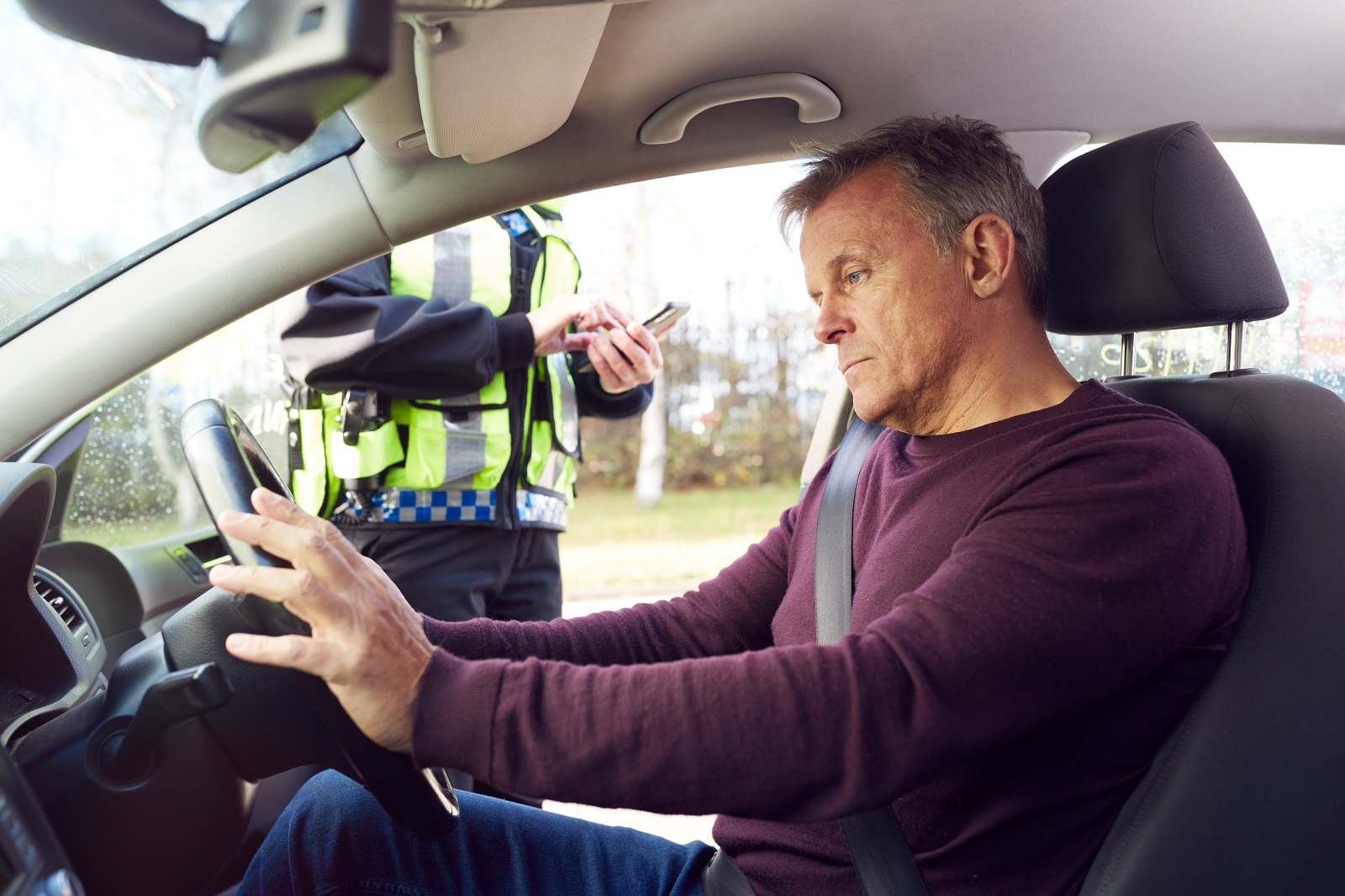
Image Credit: Shutterstock / Monkey Business Images/
Keep your hands on the steering wheel where the officer can see them. Sudden movements can be misinterpreted, leading to unnecessary escalations. According to the Washington Post, police shot and killed 1,021 people in 2020, and misinterpretations during traffic stops contribute to these statistics.
3. Record the Encounter
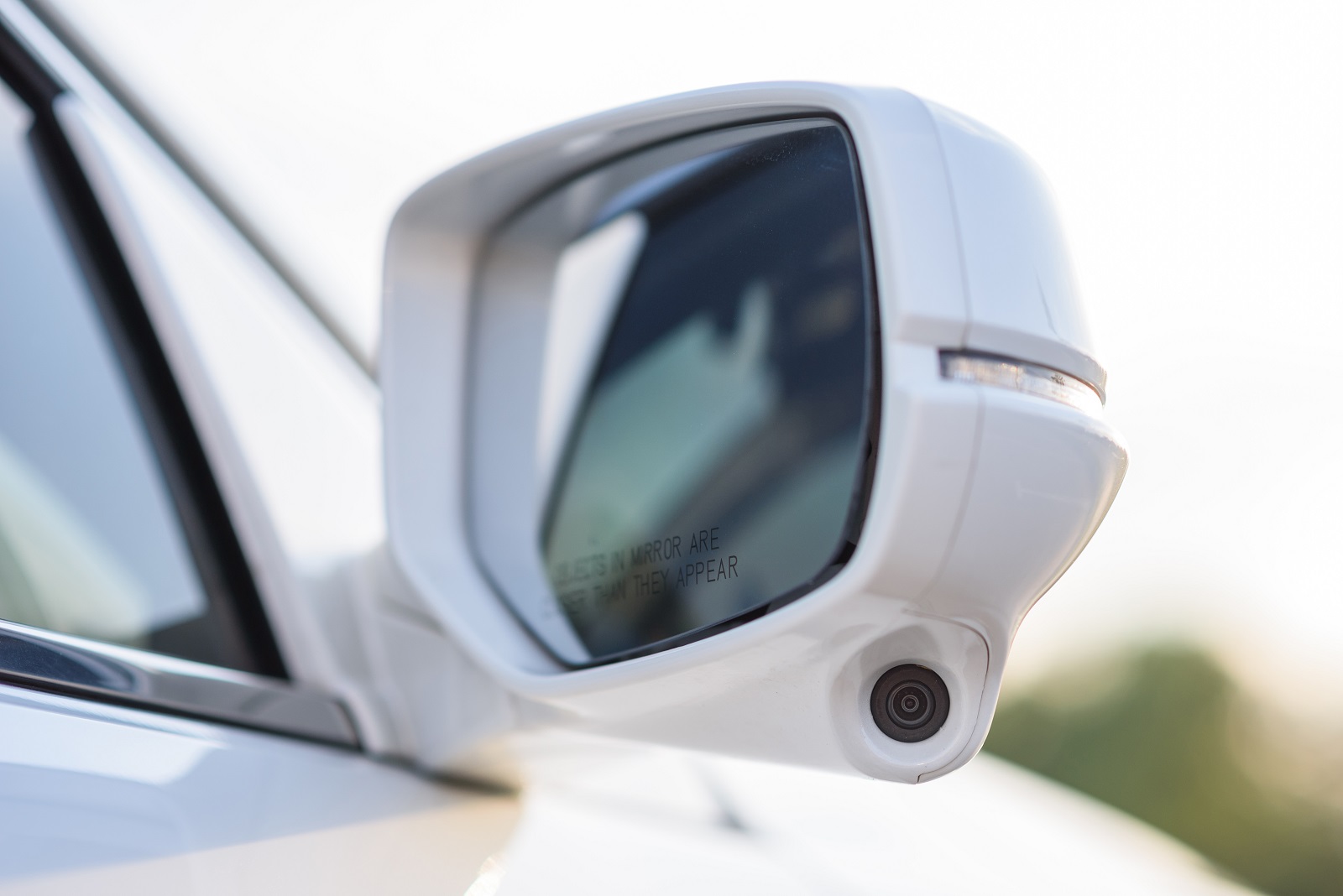
Image Credit: Shutterstock / Sergii Sobolevskyi
If you feel unsafe, record the encounter on your phone. Many states allow recording as long as it doesn’t interfere with the officer’s duties. Recordings have been crucial in high-profile cases such as the death of Philando Castile, providing key evidence and accountability.
4. Stay Calm and Composed

Image Credit: Shutterstock / Ground Picture
Keep your cool, no matter how hostile the officer may seem. Losing your temper can escalate the situation and increase the risk of conflict. Remaining calm can significantly reduce the chances of a violent outcome.
5. Don’t Consent to a Search

Image Credit: Shutterstock / antoniodiaz
You are not obligated to consent to a vehicle search unless the officer has probable cause. Politely refuse to consent without a warrant. According to the ACLU, consent to search waives your Fourth Amendment rights, potentially leading to legal complications.
6. Be Mindful of Your Words

Image Credit: Shutterstock / Crime Art
Avoid making incriminating statements. Anything you say can and will be used against you in court. Stick to basic responses and do not volunteer information that could be misconstrued.
7. Ask if You’re Free to Go
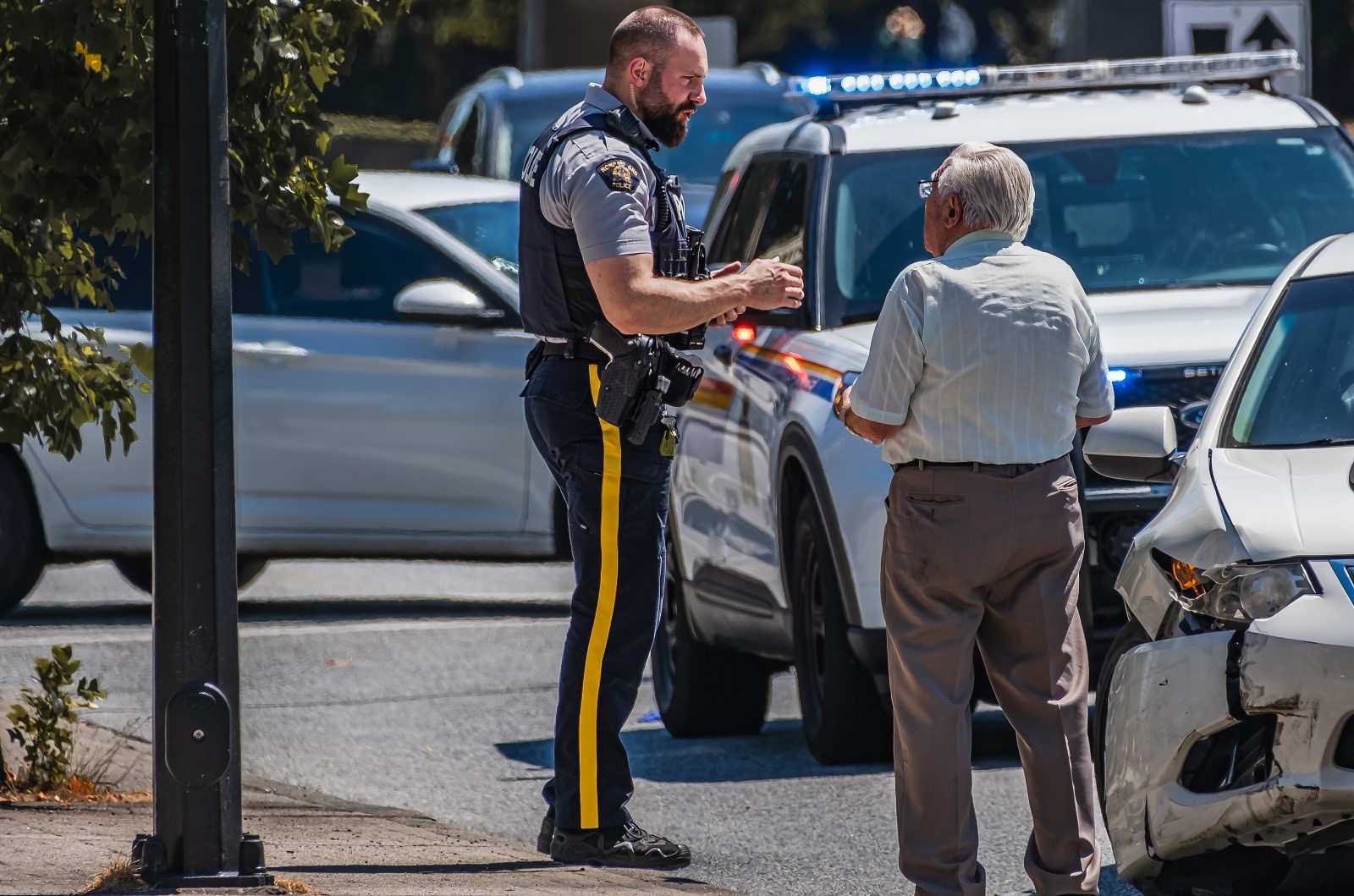
Image Credit: Shutterstock / Elena_Alex_Ferns
If you’re unsure whether you’re being detained, ask if you’re free to go. If the officer says yes, leave calmly. This question can clarify the situation and possibly de-escalate it.
8. Know the Local Laws
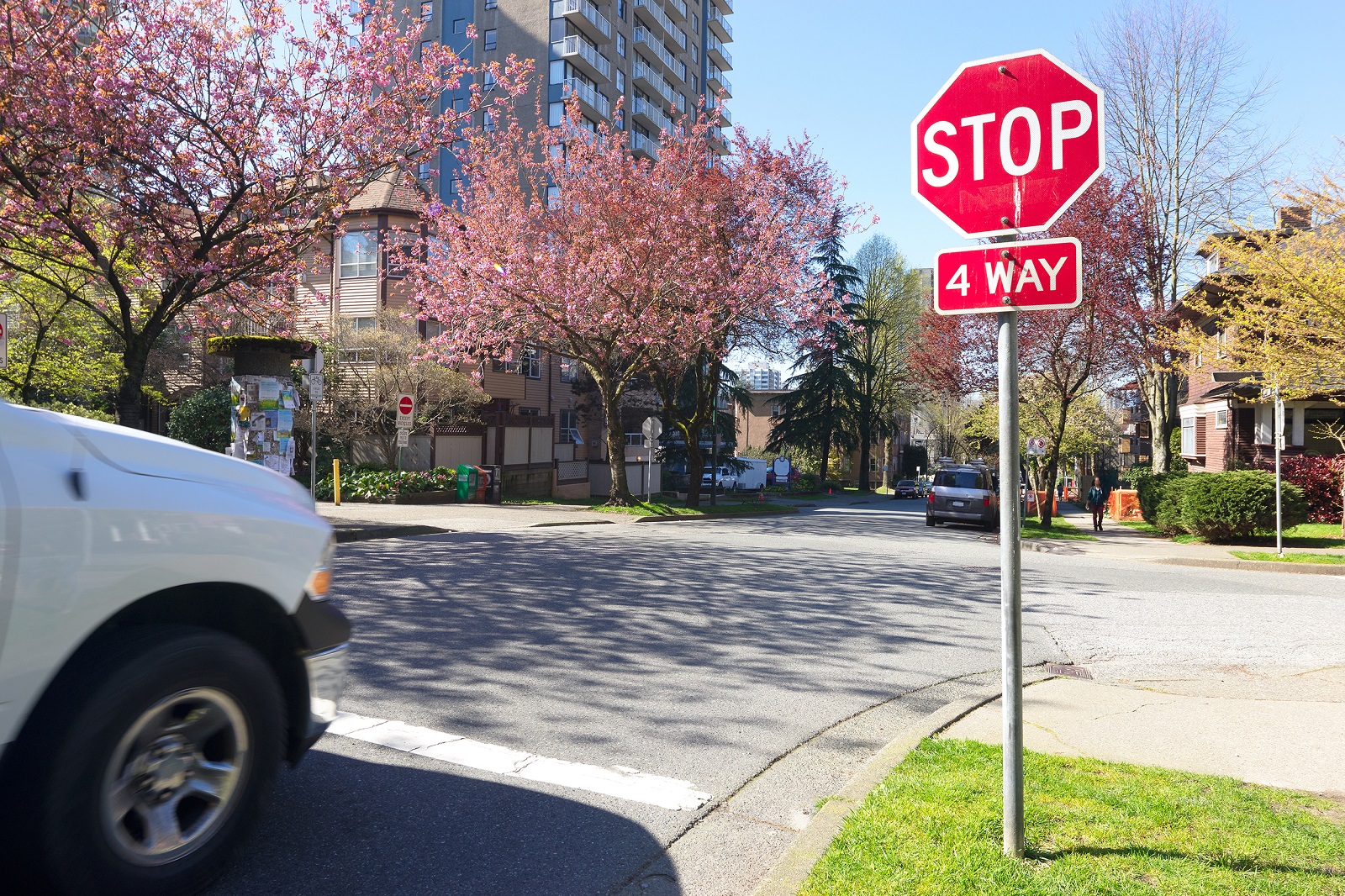
Image Credit: Shutterstock / SHUBIN.INFO
Traffic stop protocols vary by state. Familiarize yourself with local laws to better understand your rights and obligations. For example, some states require you to inform the officer if you’re carrying a concealed weapon.
9. Seek Legal Counsel

Image Credit: Shutterstock / Motortion Films
If you feel your rights were violated, contact a lawyer immediately. Document everything about the encounter, including the officer’s badge number and patrol car number. Legal representation is crucial for defending your rights and can guide you through the process of filing a complaint.
10. Real-Life Cases

Image Credit: Shutterstock / a katz
Cases like Sandra Bland and Philando Castile highlight the dangers of traffic stops. Bland was arrested after a routine stop and later died in custody. Castile was shot despite complying with commands. These incidents underscore the importance of knowing and exercising your rights.
11. Understand the Risks
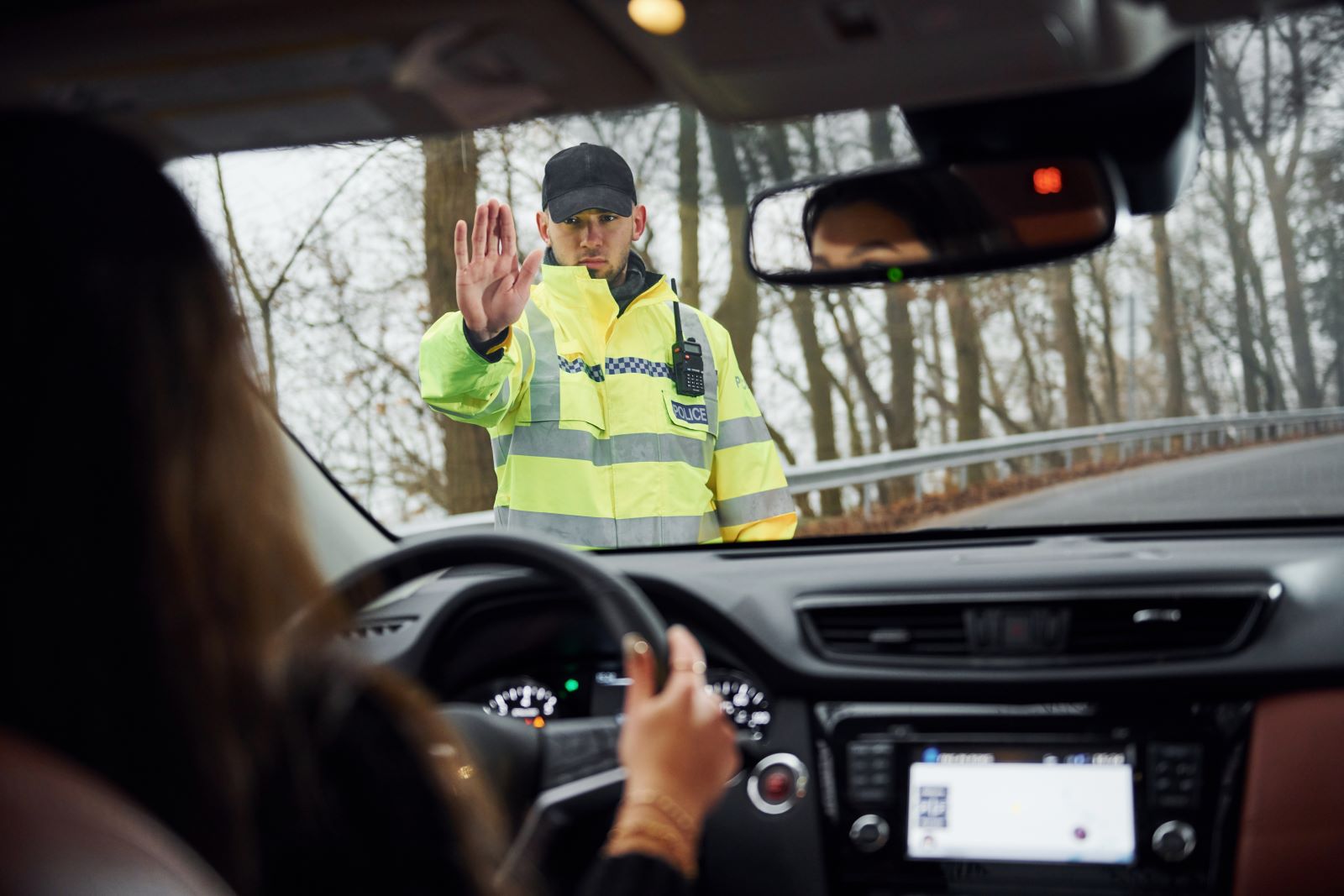
Image Credit: Shutterstock / Standret
Traffic stops can be dangerous, especially for minorities. Studies show that Black drivers are more likely to be stopped and searched. According to the Bureau of Justice Statistics, Black and Hispanic drivers are twice as likely to experience the threat of or use of force during police encounters.
12. Stay in Your Car
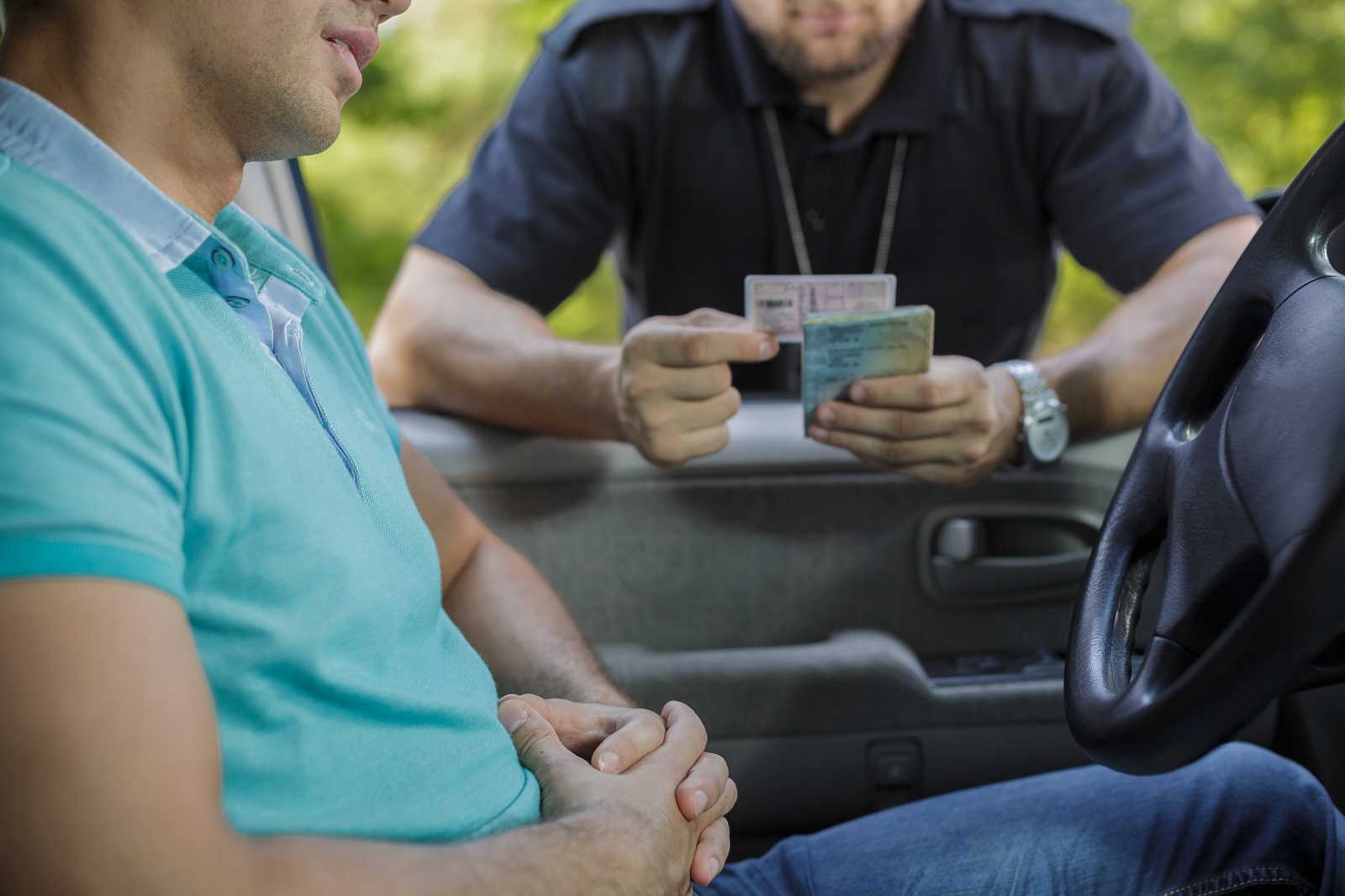
Image Credit: Shutterstock / Ground Picture
Unless instructed otherwise, stay in your car. Exiting can be seen as aggressive and increase the risk of conflict. Following this simple tip can prevent misunderstandings and ensure a smoother interaction.
13. Don’t Reach for Anything Without Permission
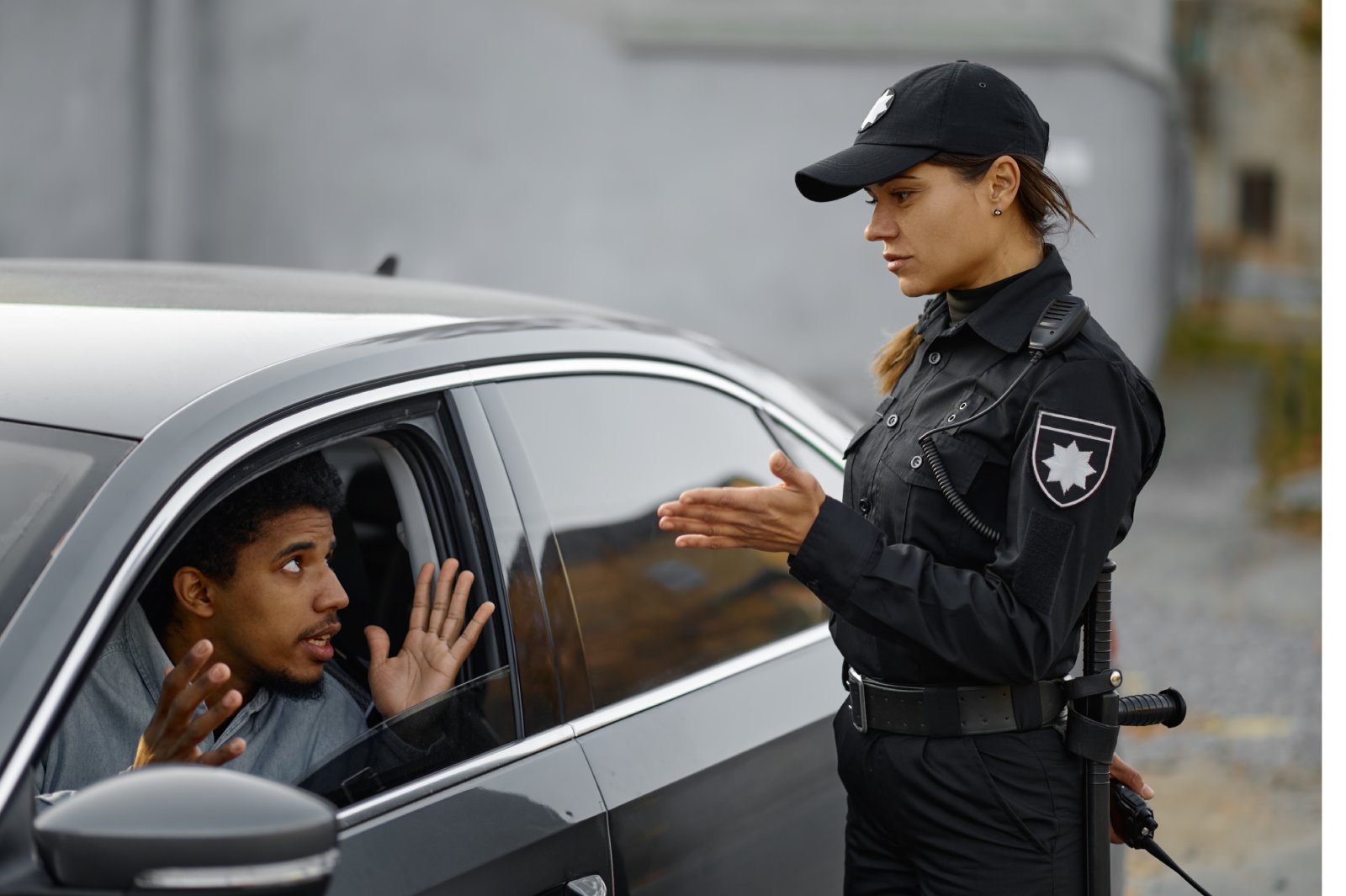
Image Credit: Shutterstock / Nomad_Soul
Inform the officer if you need to reach for something, such as your license or registration. Sudden movements can be misinterpreted and lead to unnecessary escalation. Communicating clearly can prevent misunderstandings.
14. Use Respectful Language
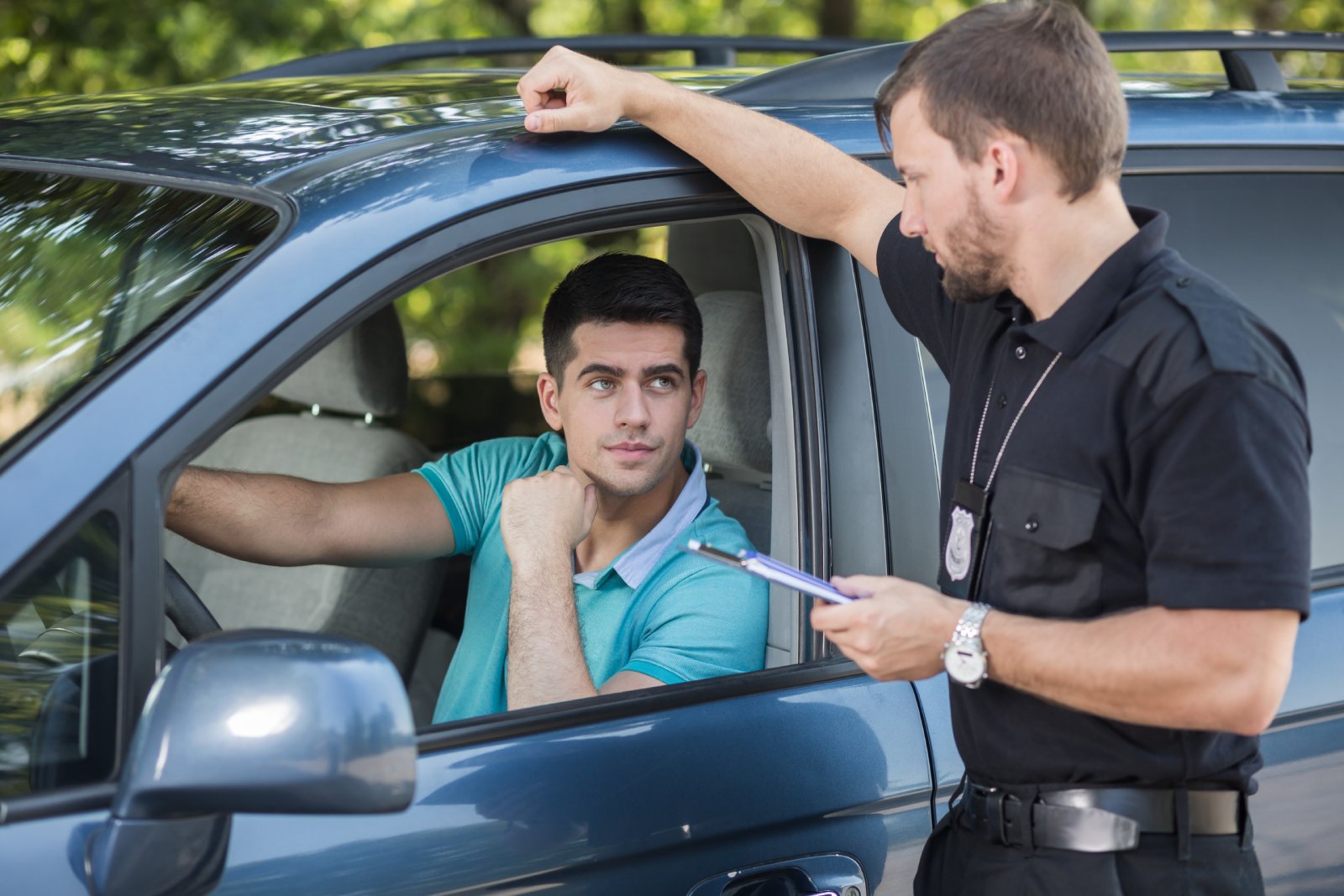
Image Credit: Shutterstock / Ground Picture
Address the officer respectfully, using “sir” or “ma’am.” Politeness can help defuse tension and create a more positive interaction. This small act can significantly impact the outcome of the stop.
15. Follow Instructions
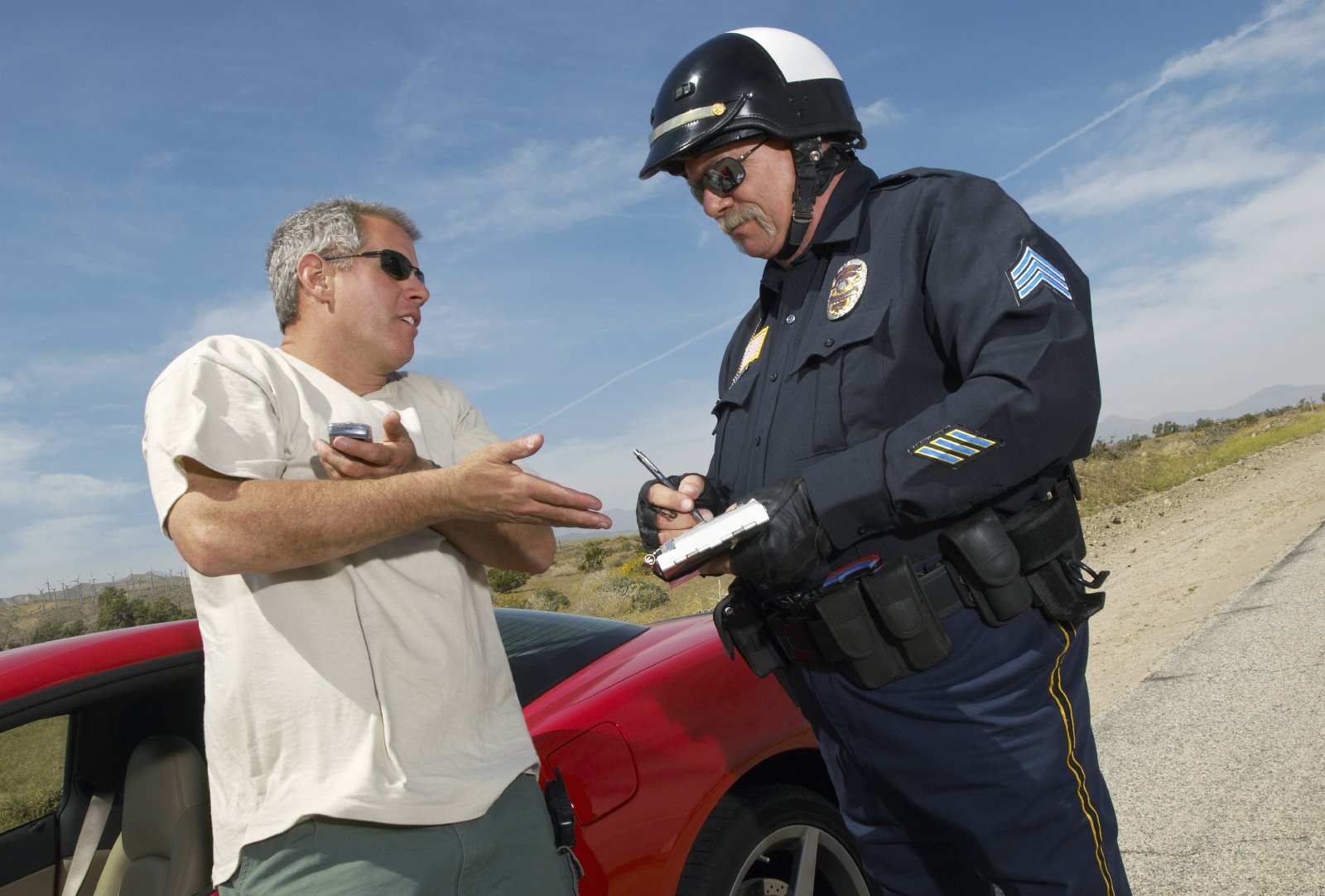
Image Credit: Shutterstock / sirtravelalot
Follow the officer’s instructions carefully. Non-compliance can be seen as resistance and lead to further complications. Compliance can help keep the situation under control and reduce the risk of escalation.
16. Know Your Vehicle’s Condition
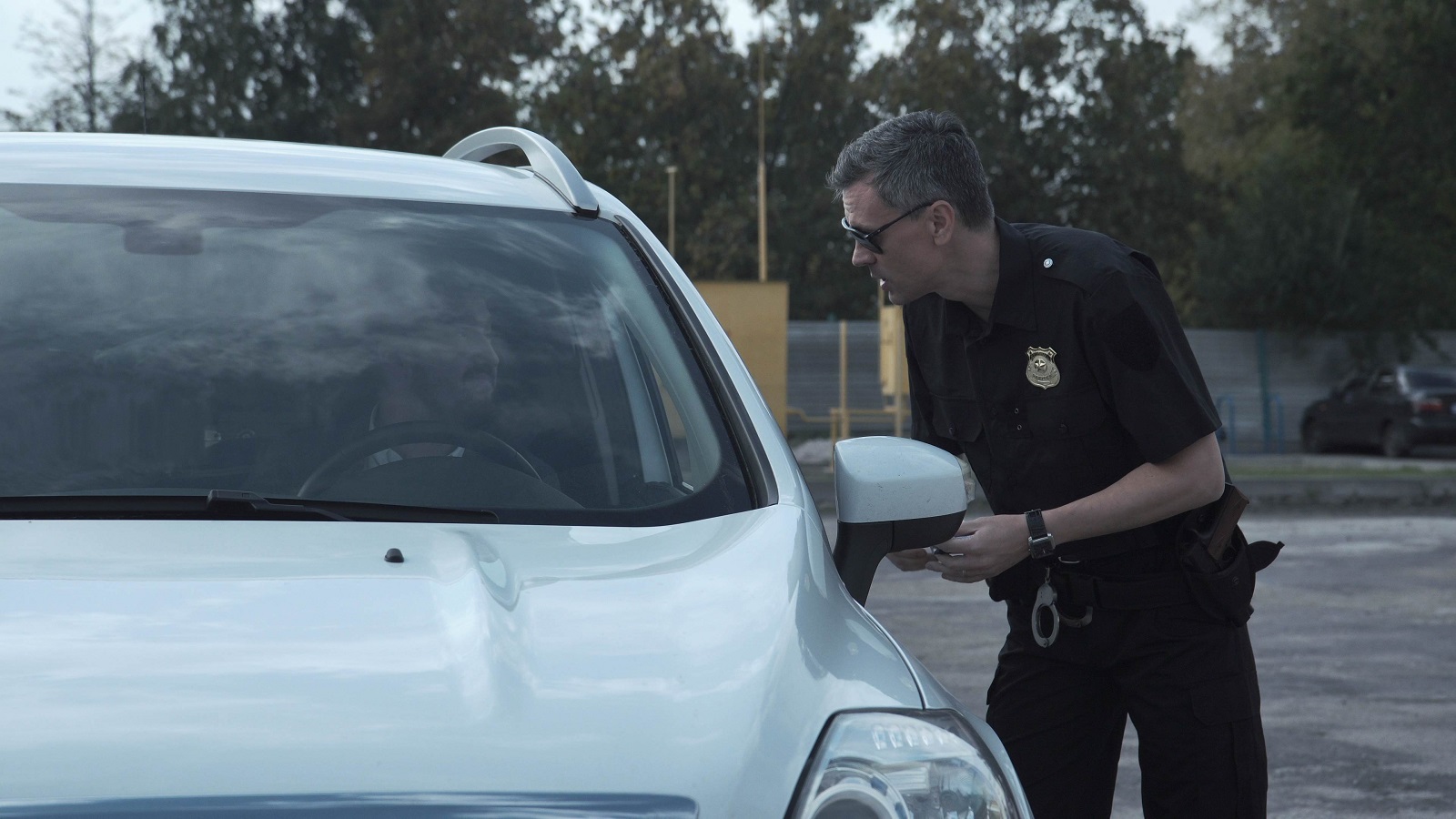
Image Credit: Shutterstock / Frame Stock Footage
Ensure your vehicle is in good working condition to avoid giving officers a reason to stop you. Regular maintenance can prevent unnecessary stops and the associated risks. Simple issues like a broken taillight can lead to unwanted encounters.
17. Avoid Nighttime Stops
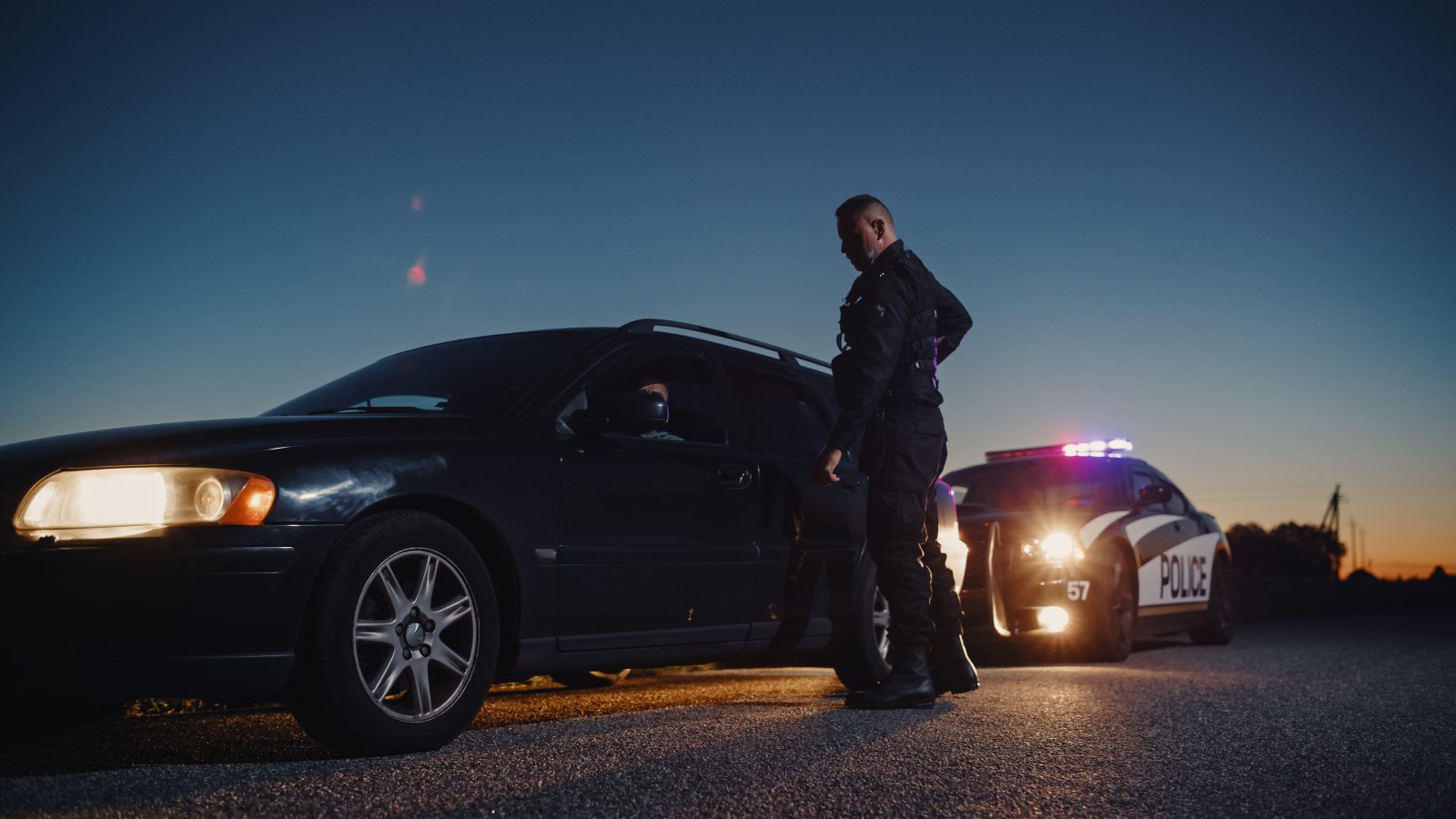
Image Credit: Shutterstock / Gorodenkoff
If possible, avoid being pulled over at night. Darkness increases risks, and visibility is reduced, which can lead to misunderstandings. Daytime stops are generally safer and less prone to escalation.
18. Know What to Do if Arrested
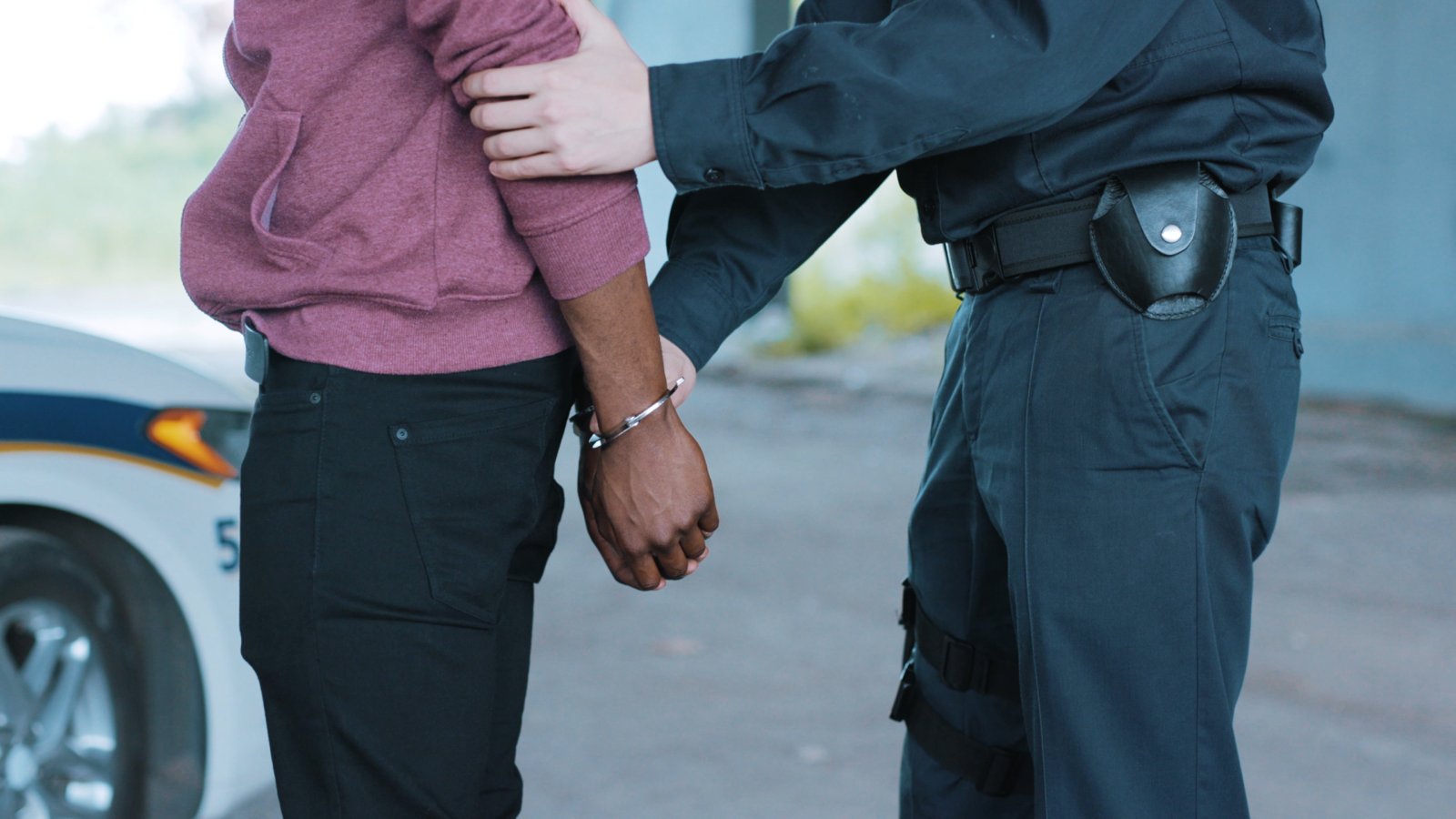
Image Credit: Shutterstock / Fractal Pictures
If you’re arrested, remain silent and ask for a lawyer. Do not resist arrest, as it can lead to additional charges and increase your risk of harm. Understanding this can protect your legal rights and ensure you’re treated fairly.
19. Be Aware of Racial Profiling

Image Credit: Shutterstock / Andrey_Popov
Racial profiling is a reality in the U.S. Minority drivers should be extra cautious and prepared. According to CDC data, Black Americans are more than twice as likely to be killed and almost five times more likely to suffer an injury requiring medical care at a hospital compared to white non-Hispanics.
20. Stay Informed About Recent Incidents

Image Credit: Shutterstock / Gorodenkoff
Stay updated on recent traffic stop incidents. Learning from others’ experiences can be life-saving and provide valuable insights. Awareness is a powerful tool in navigating these encounters safely.
Stay Safe

Image Credit: Shutterstock / Gorodenkoff
Traffic stops can be unpredictable and dangerous. By knowing your rights, staying calm, and following these tips, you can better navigate these encounters and protect yourself. Always prioritize your safety and seek legal counsel if you believe your rights have been violated.
2024’s Most Anticipated Car Releases: What’s Coming Soon

Image Credit: Shutterstock / canadianPhotographer56
If you love cars, 2024 is shaping up to be an exciting year. New models are rolling out with more power, better tech, and some fresh designs that could change the game. Here’s the scoop on the top cars hitting the streets soon. 2024’s Most Anticipated Car Releases: What’s Coming Soon
21 Mods That Make Your Car Illegal

Image Credit: Shutterstock / macondo
Car modifications can enhance style and performance, but not all modifications are legal. Here are 21 illegal car modifications that can get you in trouble with the law across various states. 21 Mods That Make Your Car Illegal
10 American Classic Cars That Define a Generation

Image Credit: Shutterstock / Krisz12Photo
American classic cars are symbols of their eras, each telling a story of its time and capturing the essence of car culture. Here are ten classics that defined generations. 10 American Classic Cars That Define a Generation
Featured Image Credit: Shutterstock / Gorodenkoff.
For transparency, this content was partly developed with AI assistance and carefully curated by an experienced editor to be informative and ensure accuracy.



